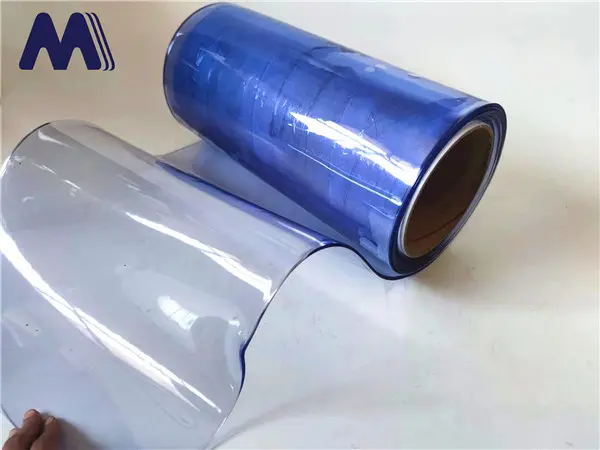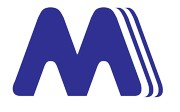Introduce:
PVC, or polyvinyl chloride, is a versatile and widely used plastic material known for its durability, affordability, and flexibility. It is used in a variety of industries, from construction and automotive to healthcare and packaging. One of the popular applications of PVC is the production of PVC plastic curtains, which can be used in a variety of environments due to their flexibility and protective properties. In this blog, we’ll delve into the world of PVC production, explore the properties of flexible PVC curtains, and discuss their diverse applications.
PVC production process:
PVC is manufactured through a complex chemical process that involves the polymerization of vinyl chloride monomer. Vinyl chloride is a colorless gas obtained by synthesizing ethylene, a widely used hydrocarbon. After purification, vinyl chloride monomer polymerizes to form PVC resin, which can then be further processed into a variety of products, including flexible PVC curtains.
Soft PVC curtains:
Flexible PVC curtains, also known as strip curtains, are made from specially formulated PVC compounds that offer superior flexibility and transparency. These curtains consist of individual PVC strips, typically 2 to 5 mm thick, that overlap and form a barrier while allowing easy access and visibility. The flexibility of PVC curtains allows them to withstand repeated impacts, making them suitable for frequently moved environments such as loading docks or warehouses.

Applications of soft PVC curtains:
1. Industrial environment: PVC plastic curtains are widely used in manufacturing facilities, warehouses and processing plants to separate different work areas, such as cooling rooms, clean rooms or welding rooms. They help maintain temperature control, minimize dust and debris, and reduce noise levels without impeding workflow.
2. Commercial spaces: Retail stores, supermarkets and commercial kitchens often use PVC curtains to separate storage areas, walk-in freezers or kitchens from public spaces. The transparent nature of PVC allows sufficient visibility, ensuring safety and ease of monitoring.
3. Healthcare Industry: PVC curtains are widely used in hospitals, clinics, and laboratories as privacy screens in patient areas or to separate sterile areas. Their antibacterial properties and ease of cleaning make them ideal for maintaining hygiene standards.
4. Automobile industry: PVC curtains are used in washrooms and industrial spray booths to contain water, detergent or paint fumes while allowing easy entry and exit.
Advantages of soft PVC curtains:
- Thermal Insulation: PVC curtains minimize the loss of heat or cold air, helping with temperature regulation and energy saving.
- Noise Reduction: These curtains effectively reduce noise levels and create a more comfortable working environment.
- Dust and Debris Control: PVC curtains block dust, dirt and debris, ensuring a cleaner workspace.
- UV protection: Some PVC curtains are designed to block harmful ultraviolet (UV) rays, preventing fading or damage to cargo or sensitive equipment.
In conclusion:
PVC production and flexible PVC curtains play a vital role in modern industry, offering immense versatility and practicality. Whether in industrial, commercial, healthcare or automotive environments, flexible PVC curtains provide efficient, cost-effective solutions to improve safety, temperature control and workplace productivity. Understanding the PVC production process and the applications of flexible PVC curtains enables businesses to make informed choices while considering these valuable resources for their specific needs.
Post time: Nov-27-2023

